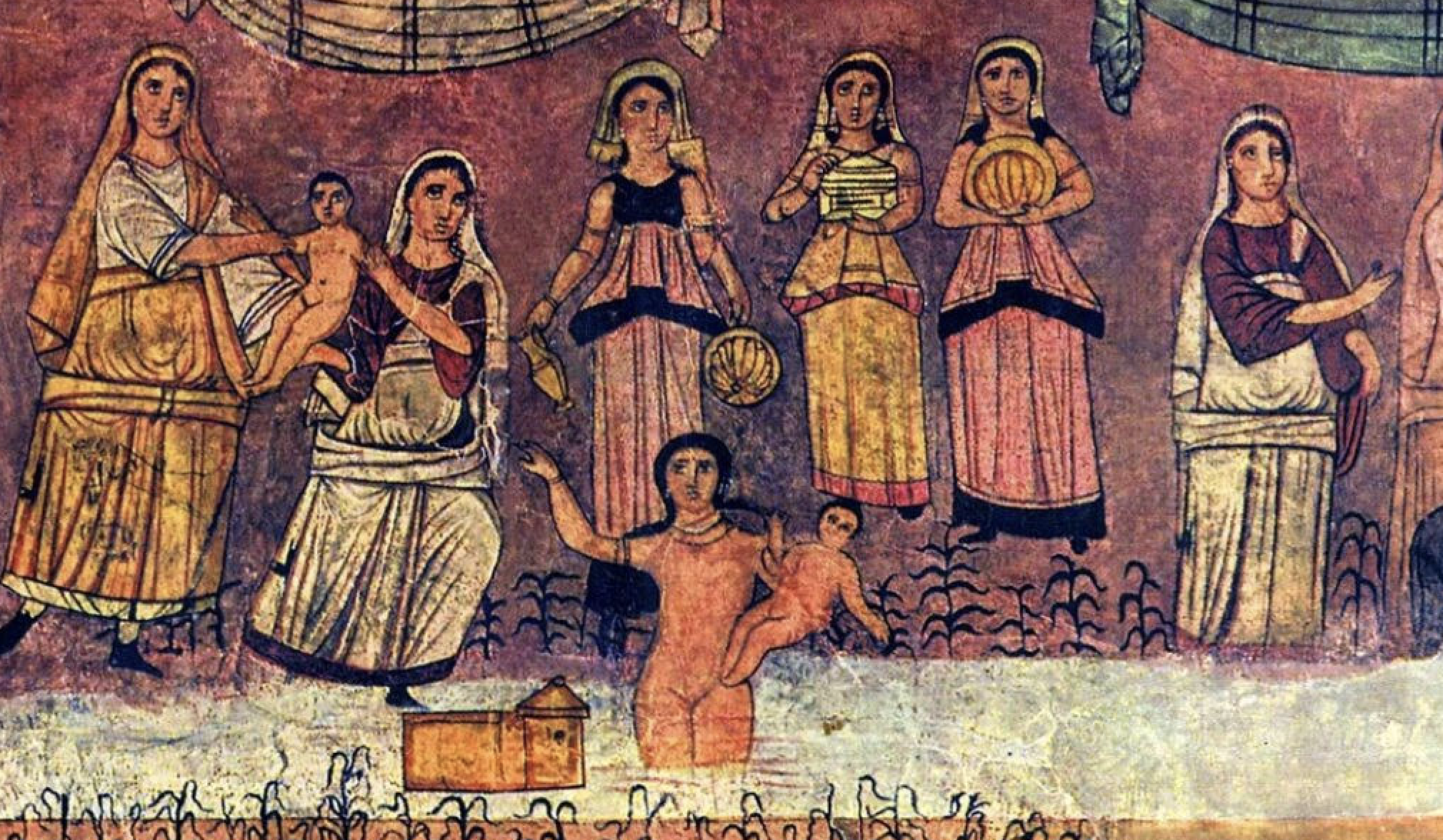Miriam dies: maybe that should have been the end of it.
Do Rebels Ever Prosper? / Miriam as a rebel? / Perhaps depends on whom you ask.

Here below, Henry the IV, Part l, SCENE V (5) — “Rebels never Prosper” (Shakespeare), for our consideration: The rebellion quells, and Henry chides Worcester for failing to deliver word to the rebels of his offer of peace. He orders Worcester and Vernon killed. Hal requests mercy for the valorous Douglas (who is not an Englishman anyway) and it is granted. Henry sends Prince John and Westmoreland with one army to fight Northumberland and Archbishop Scroop. Henry and Hal will take another army to Wales to fight Glendower and Mortimer.
Rebels never prosper . . .
Rebellion in this land shall lose his sway,
Meeting the cheque of such another day,
And since this business so fair is done,
Let us not leave till all our own be won.
(Henry IV. v.41-44)
Notes — Let’s keep in mind — Miriam protects the early leader, standing by him when Moses was floating aimlessly. She keeps him safe in a world of extreme violence. And when it comes time to move (their forces, the Sea of Reeds) in a new direction — she doesn’t hesitate, wades in, and leads. . . is this ‘rebellion?’
Who are the rebels here and what is the rebellion?
When she dies, her own brothers fall on their faces and await instruction: “You and your brother Aaron take the rod and assemble the community, and before their very eyes (i.e. a frustrated and angry people), order the rock to yield its water. Thus, you shall produce water for them from the rock and provide drink for the congregation and their beasts” (Num. 20:8).
The Israelites get the water they are desperate for, but not exactly the way they wanted it: “Moses and Aaron assembled the congregation in front of the rock; and he said to them, ‘Listen, you rebels, shall we get water for you out of this rock?’” (Num. 20:10). Moses, perhaps overcome with grief and lacking patience for more grumbling, did not merely speak to the rock. He did not only hit the rock with his rod. He called the people – his people – rebels (hamorim). Is this too, rebellion?
If you look at the (real) Hebrew, it might say something else entirely.
שִׁמְעוּ־נָא֙ הַמֹּרִ֔ים הֲמִן־הַסֶּ֣לַע הַזֶּ֔ה נוֹצִ֥יא לָכֶ֖ם מָֽיִם׃
Moses and Aaron assembled the congregation in front of the rock; and he said to them,
“Listen, ‘you rebels,’ shall we get water for you out of this rock?”
__________
A note or two re the Miriam/Mary derivations:
In antiquity, the name Miriam was variously etymologized as “rebellion”, “bitter sea”, “strong waters”, “exalted one”, “ruling one”, “wished for child”, or “beautiful”.
1. First, the truly absurd etymology: Jerome (writing c. 390), following Eusebius, translates the name as “drop of the sea” (stilla maris in Latin, from Hebrew מר mar “drop” (cf. Isaias 40:15) and ים yam “sea”. This translation was subsequently rendered stella maris (“star of the sea”) due to a scribal error or as a result of 3rd Century ‘vowel shifts’ from which comes (the Virgin) Mary’s title Star of the Sea: Here the name can be interpreted as “Star of the Sea” if it is taken as a contracted form of the Hebrew מאור ma’or “star” (lit. “luminary”) plus ים yam “sea” — my note: truly absurd.
2. And an equally ridiculous etymology: (Midrashic speculation at best): Rashi, (c 11th-century), considered an authoritative (Jewish) commentator on the Bible, wrote that the name was given to the sister of Moses because of the Egyptians’ harsh treatment of Jews in Egypt. Therefore, her name, Miriam, because the Egyptians made life bitter (מַר, mar) for her people. (Midrashic speculation: Song of Songs 2:13. “From the time that Miriam was born, the Egyptians intensified the bondage upon Israel; therefore, she was called Miriam, because they made it bitter (מַר) for them.”
__________
